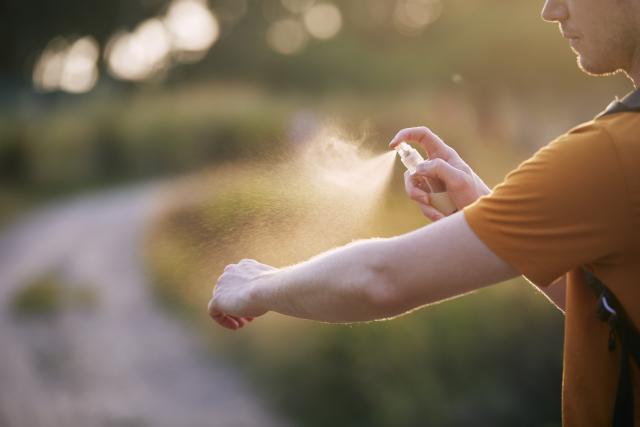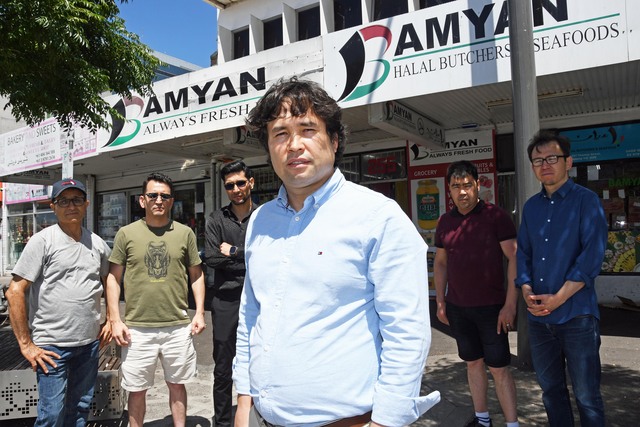Victorians, including those living in Casey, are being encouraged to understand the risks of Buruli ulcer and take precautions against mosquito bites this summer, as cases continue to emerge across the state.
New data highlights a growing number of Victorians are presenting with the infection, with 363 cases in 2023 – the highest number recorded since the infection emerged in Victoria in 2004.
Buruli ulcer is an infection linked to mosquitos which can cause significant skin damage.
The condition can be treated with antibiotics, making early diagnosis and treatment vital.
Symptoms for the infection include spots which look like insect bites, ulcers, painful lumps, limb swelling, redness of the skin and occasionally people can develop severe pain and fever.
Tips to reduce the risk of contracting Buruli ulcer include covering up by wearing long, loose-fitting clothing, sing insect repellents containing Picaridin or DEET on all exposed skin, limiting outdoor activity if there is a significant uptick in mosquitoes, removing stagnant water where mosquitoes can breed around the home or a campsite, making sure windows are fitted with mosquito netting or screens, washing any new scratches or cuts and protecting with a dressing and washing exposed skin contaminated by soil or water after outdoor activities.
Acting Health Minister Ingrid Stitt said the warmer weather provides mosquitos with an ideal breeding environment.
“With cases of the Buruli ulcer on the rise, Victorians should understand the risks and take precautions – particularly those living or visiting coastal towns this summer,” she said.
“Victorians should use an insect repellent with DEET, cover up when outdoors and practice good hygiene by washing new scratches and cuts.”
For more information on Buruli ulcer, visit betterhealth.vic.gov.au/health/healthyliving/Buruli-ulcer#prevention-of-buruli-ulcer







